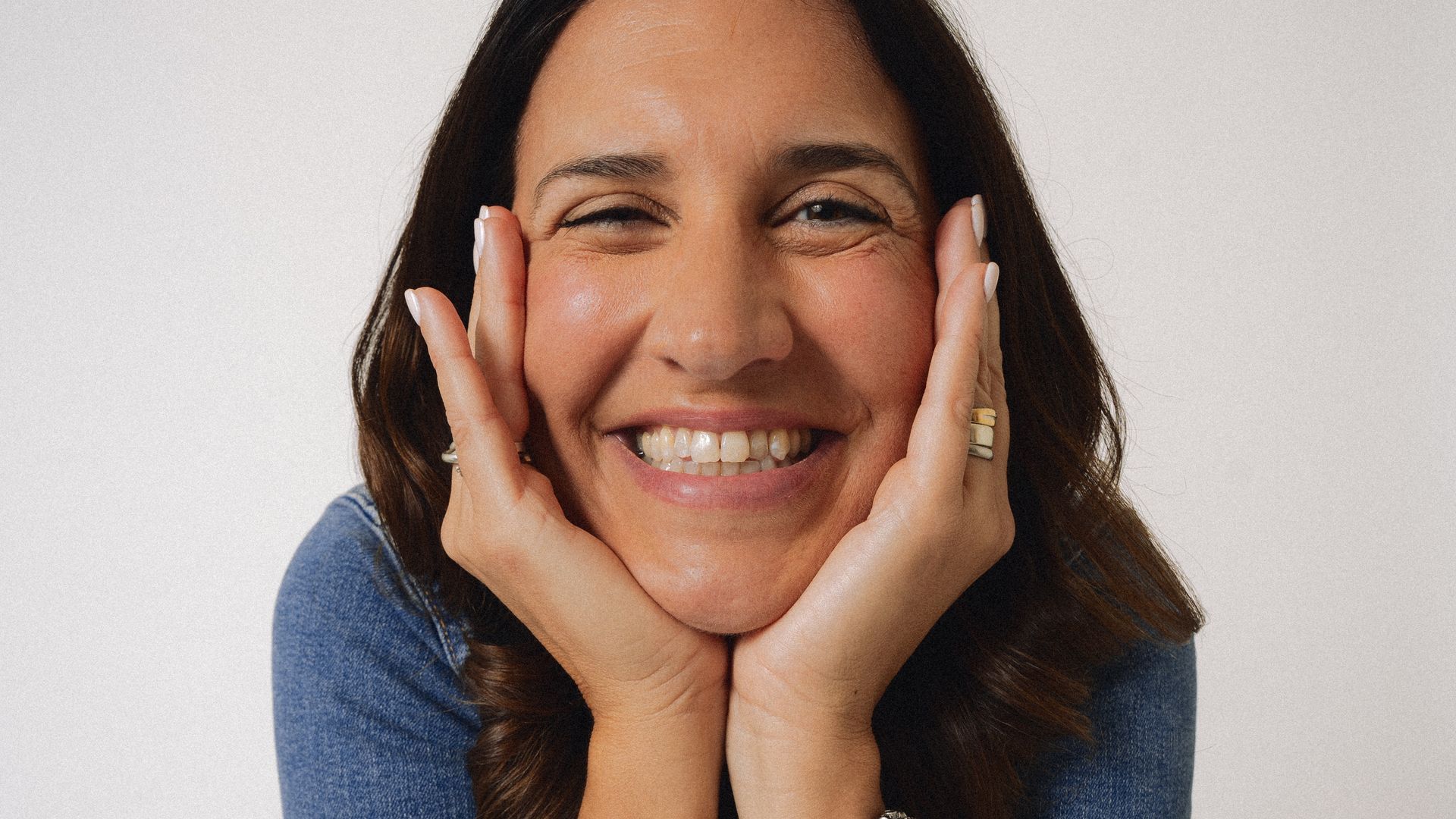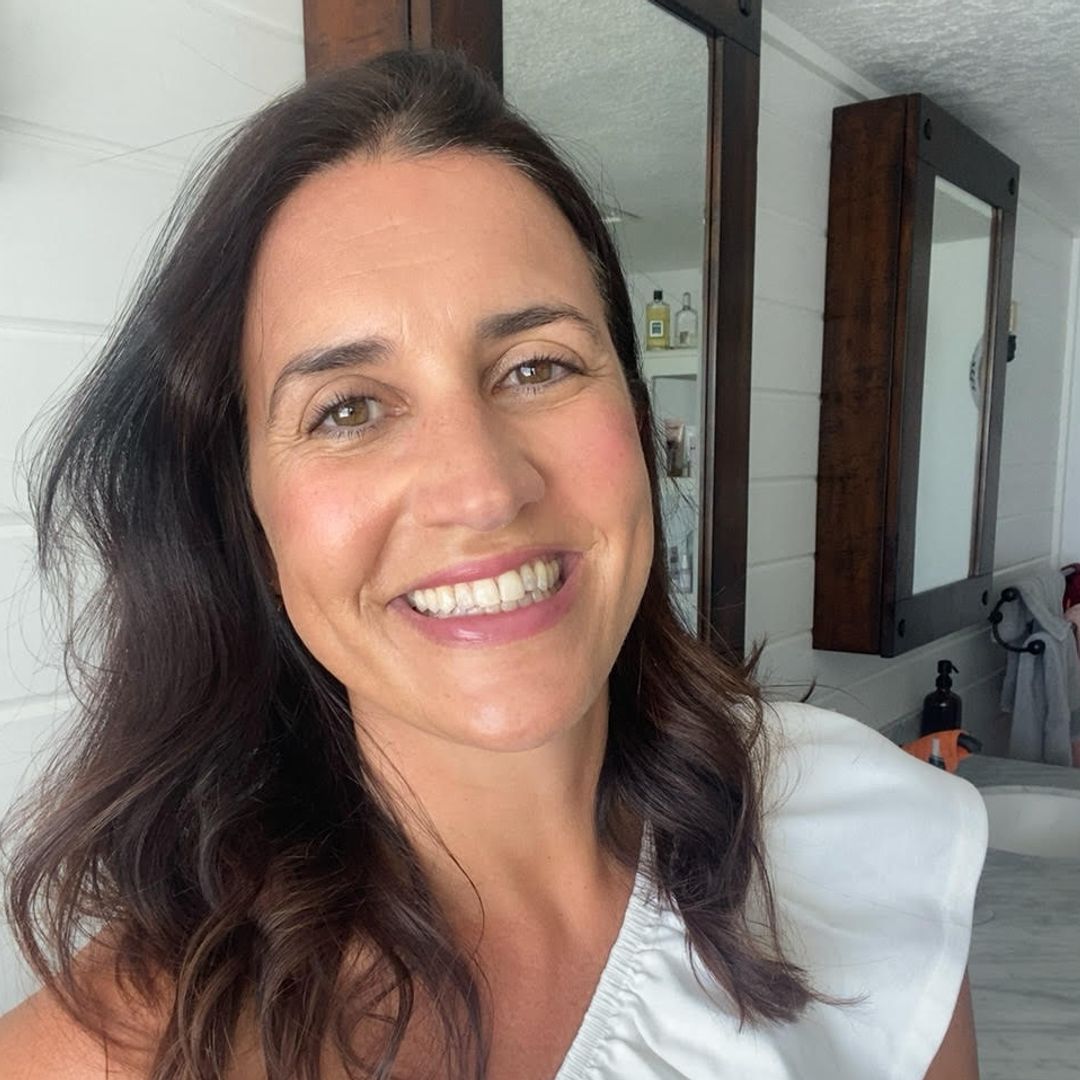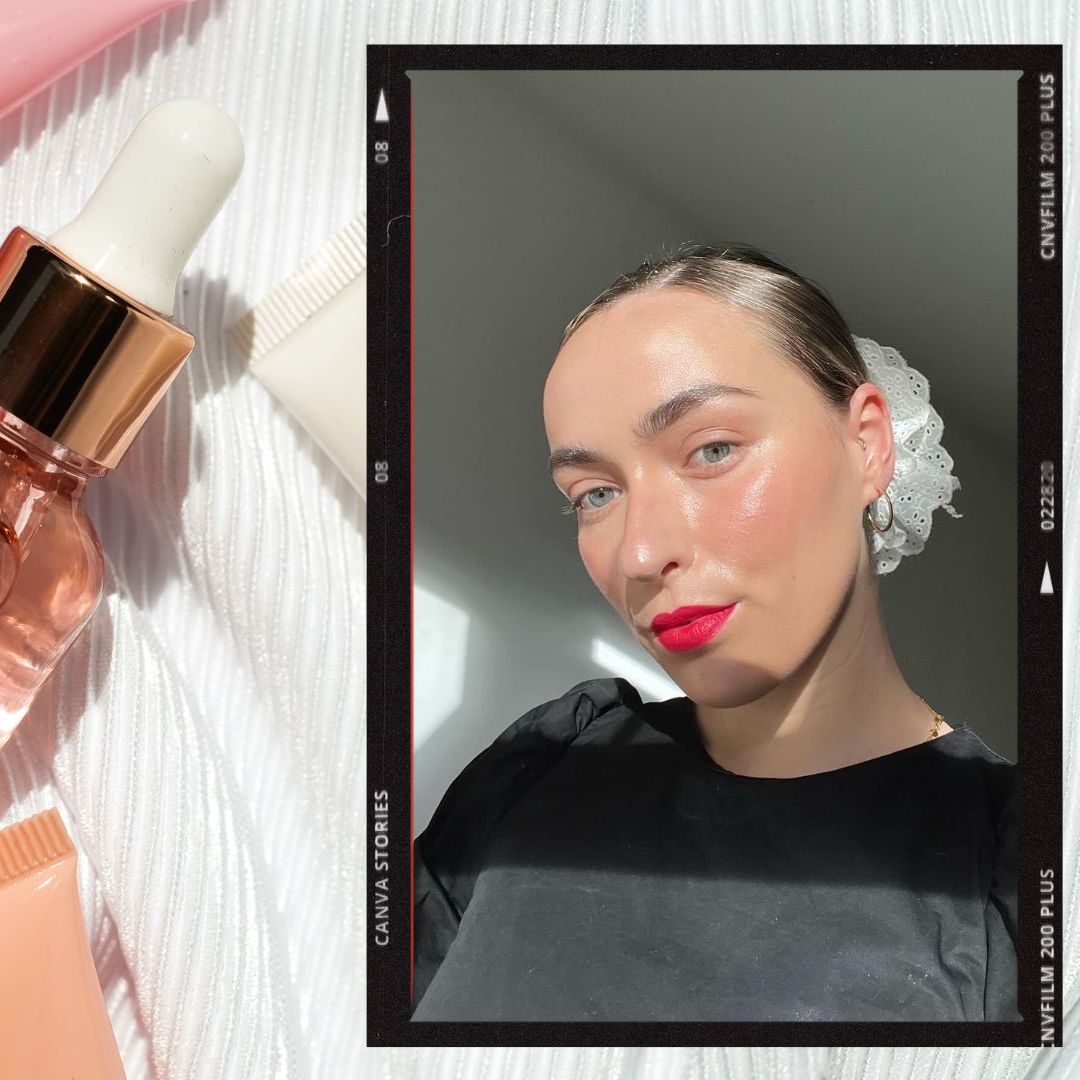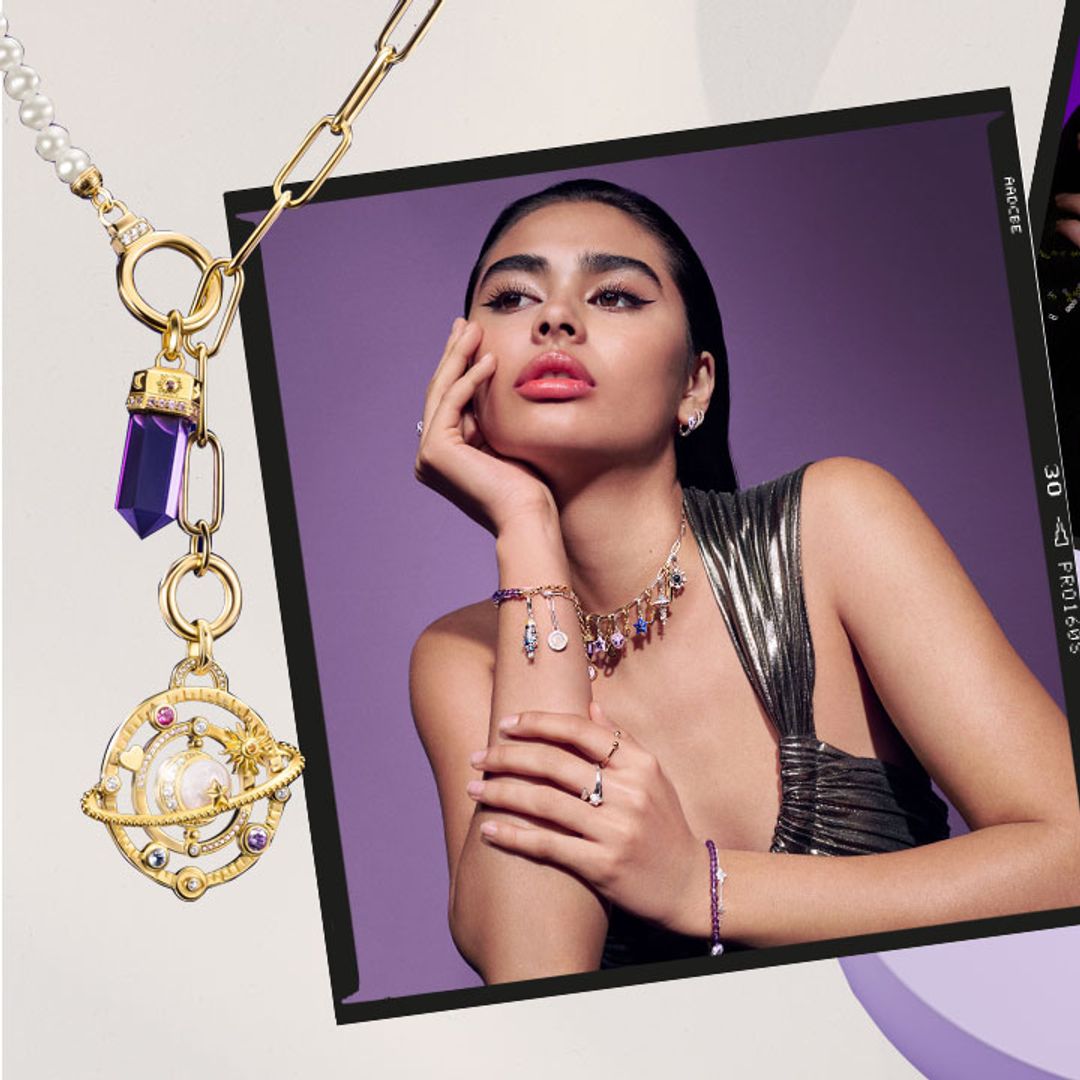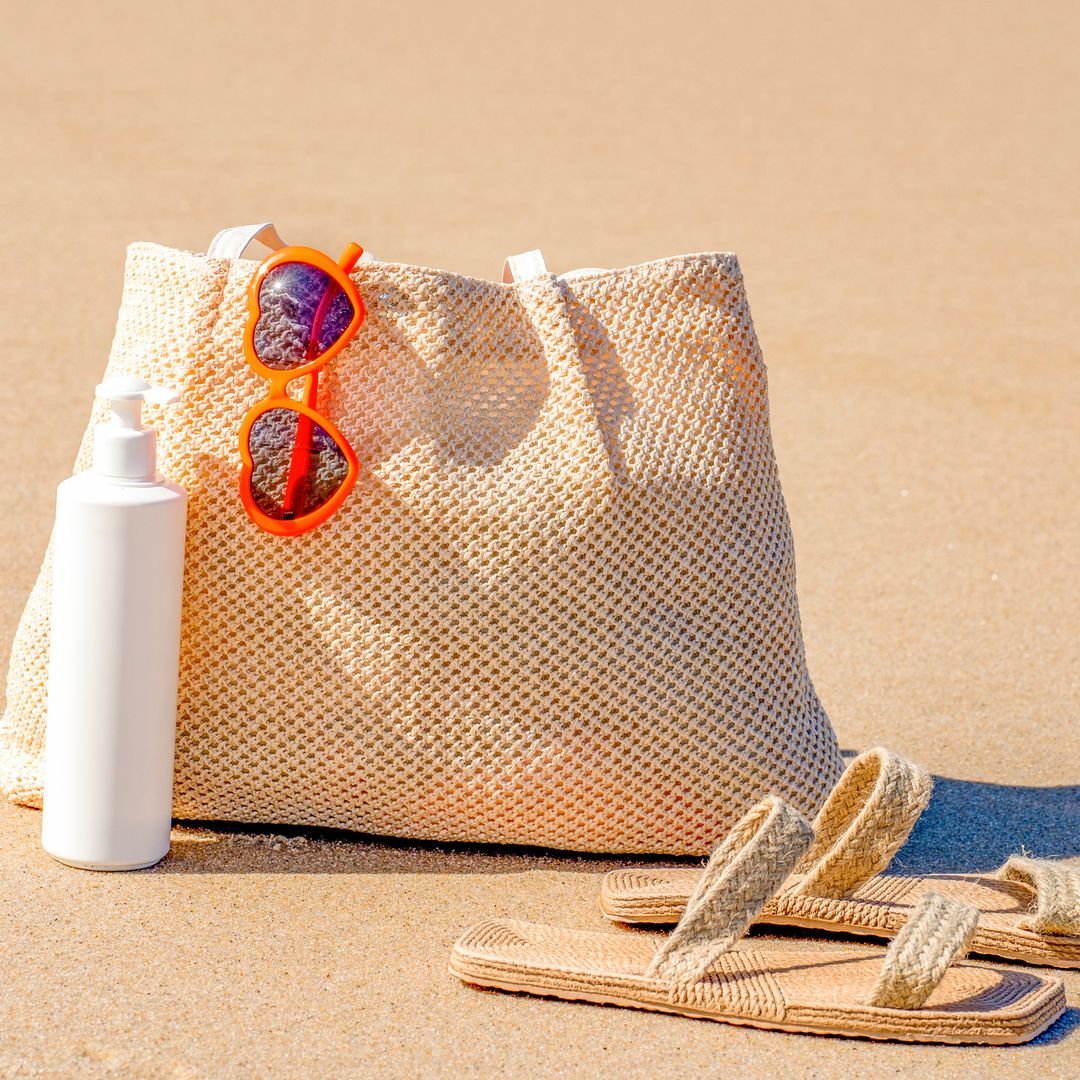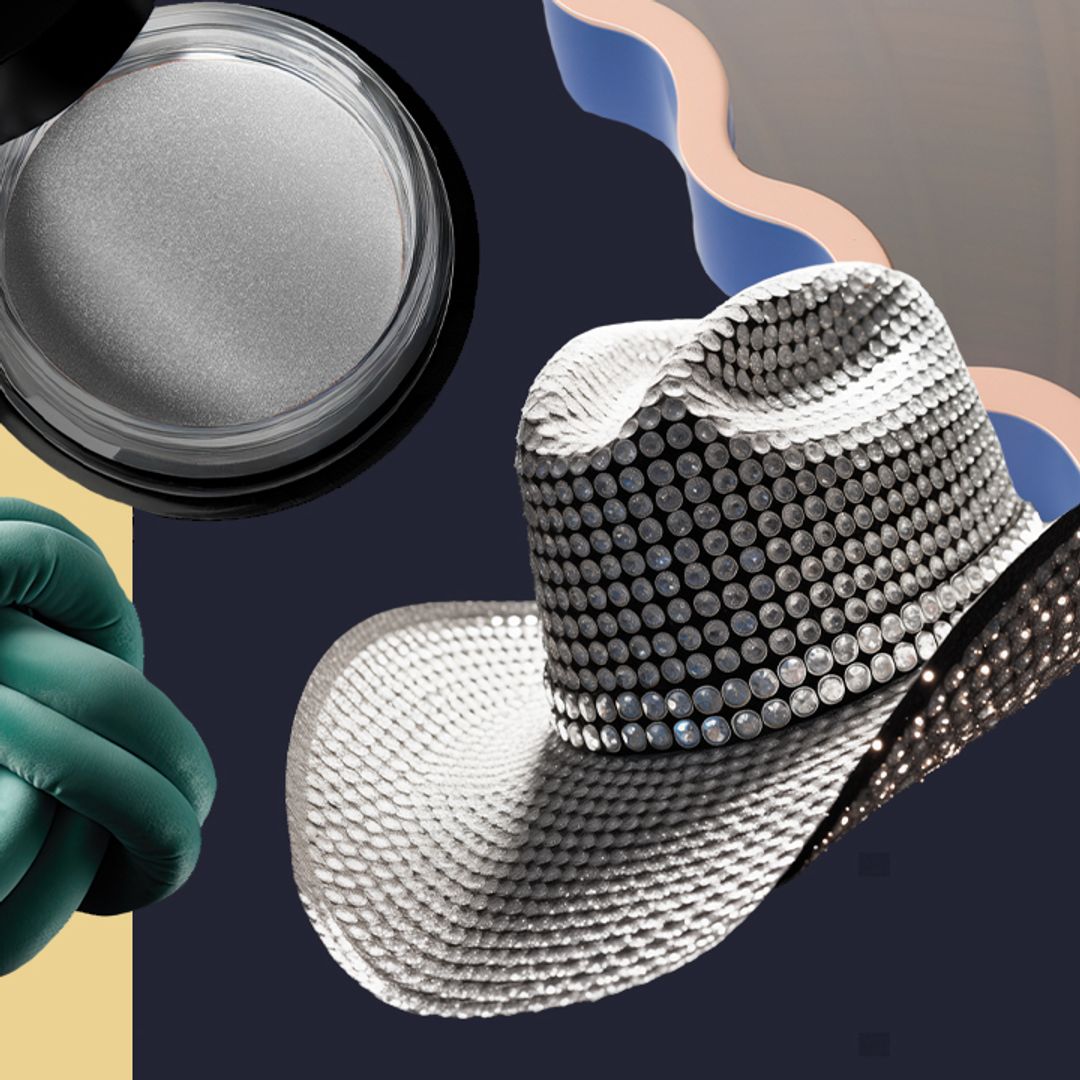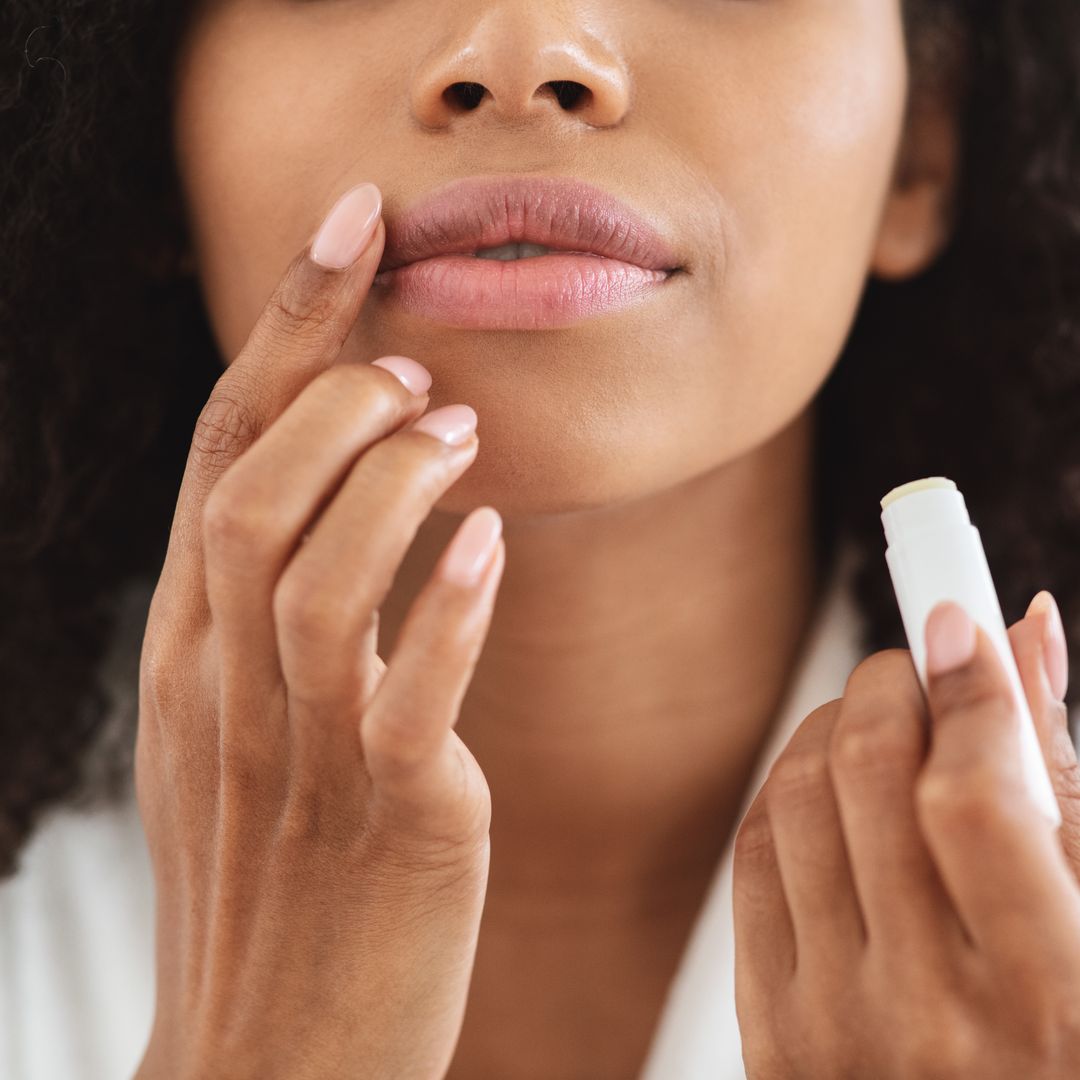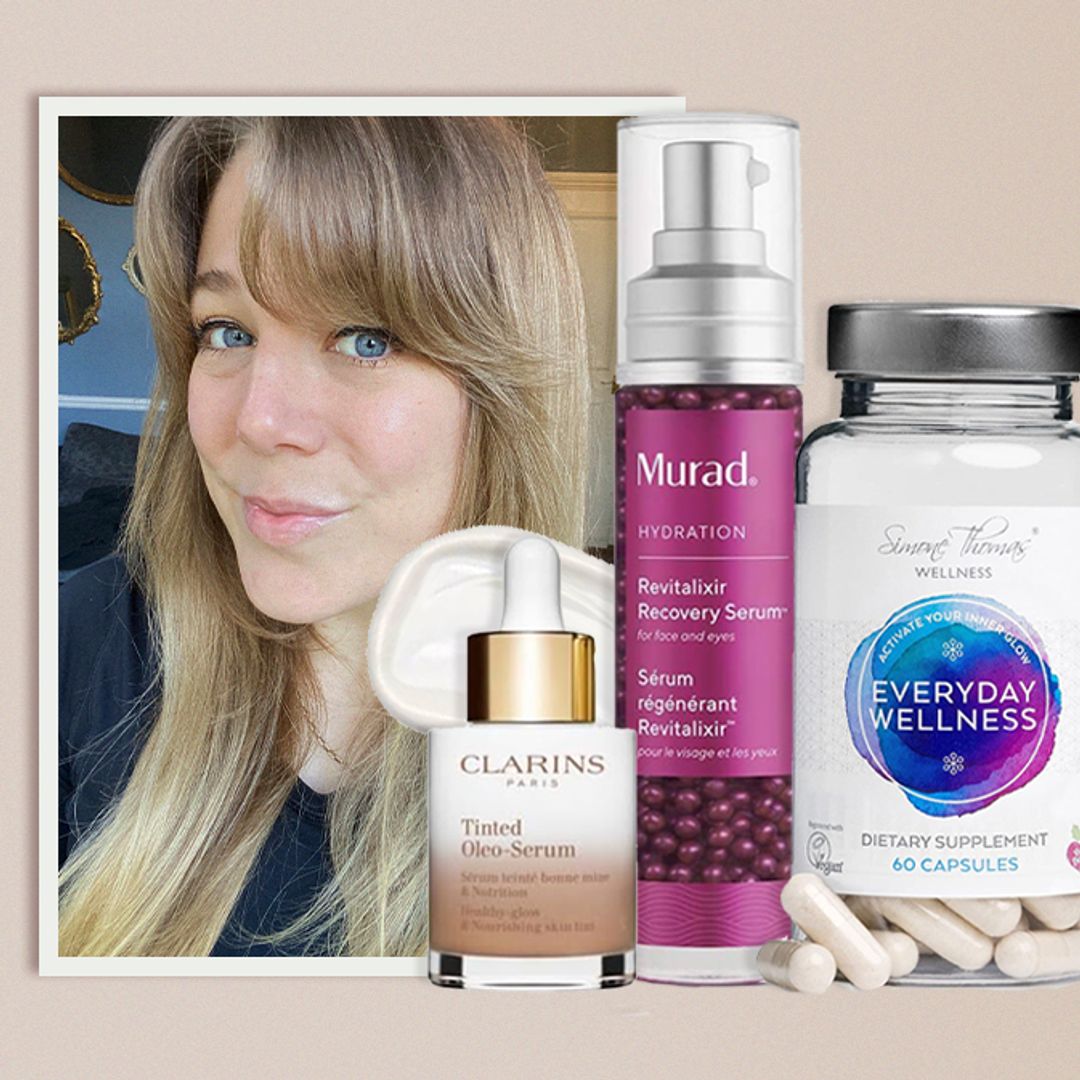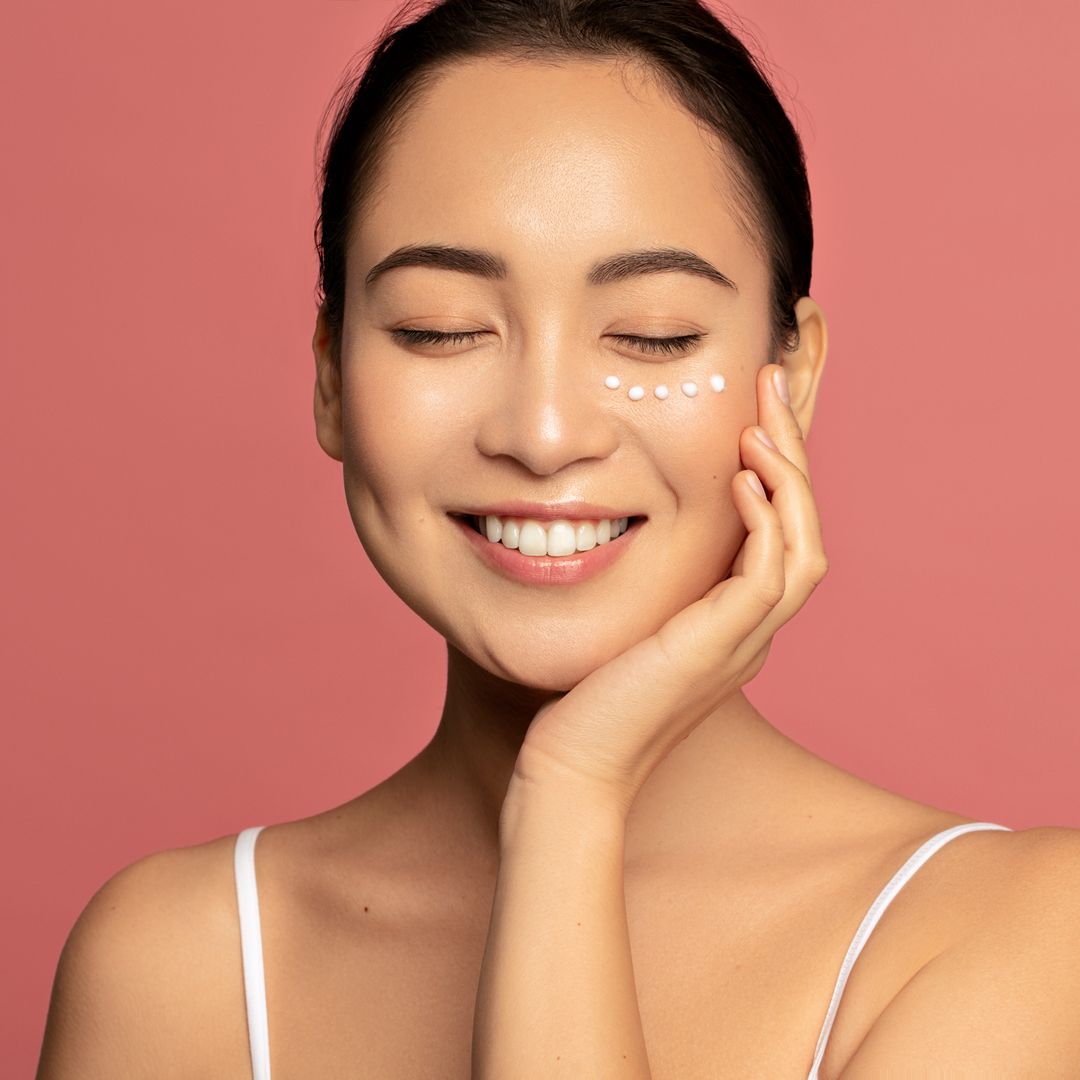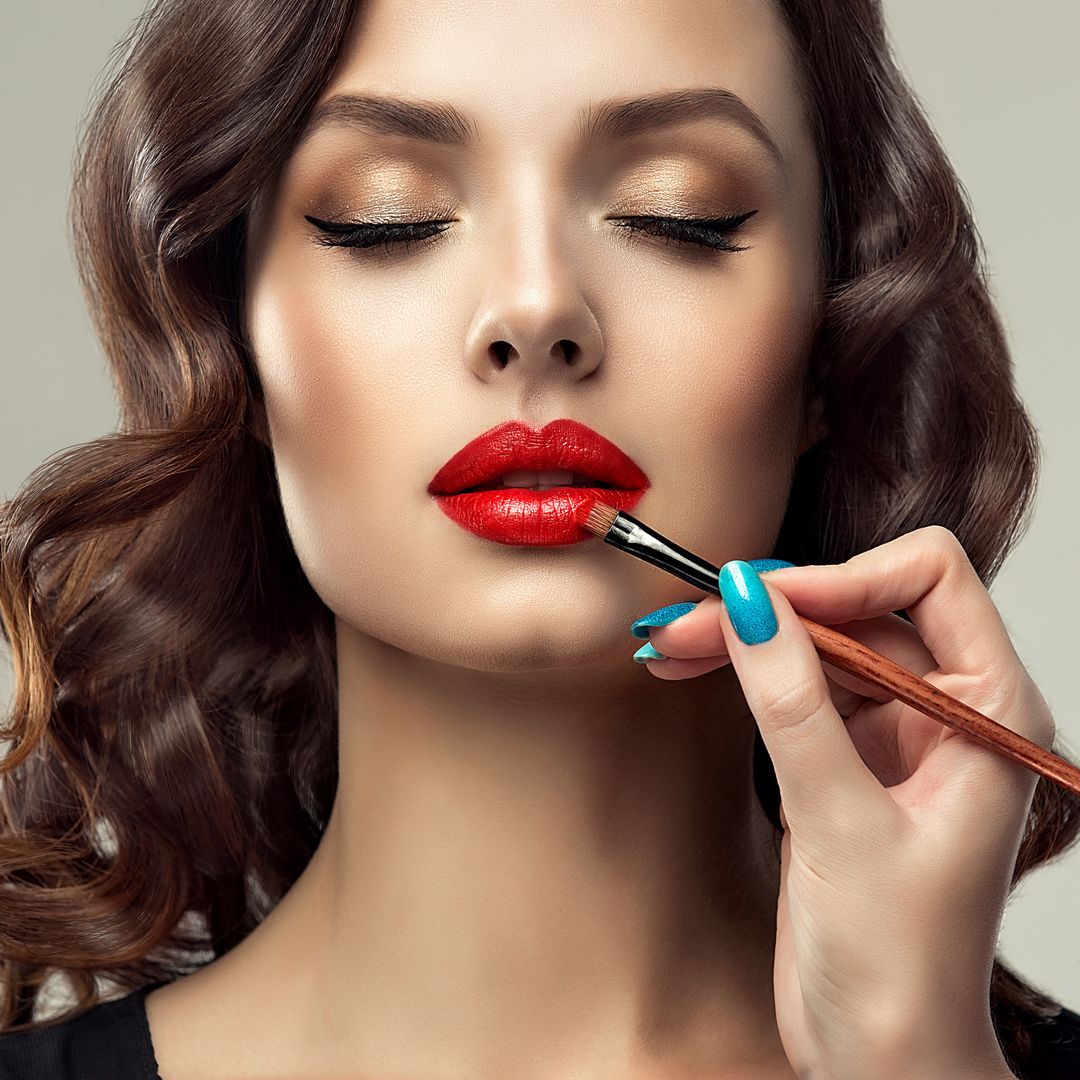Wrinkles! It’s always been a dirty word in the beauty industry. Smooth, crease-free skin has long been the aim of the anti-aging game. After all, the quest for smoothing those lines on our faces generates around $62 billion for the skincare industry each year.
And it’s no wonder that we have been spending so much of our money on anti-aging creams and striving for skin perfection. We simply aren’t used to seeing wrinkles on skin anymore. Thanks to the advancements of aesthetic treatments like Botox, which freezes muscles so skin appears smoother and wrinkle free, crinkly complexions have become a thing to fix, not flaunt. In America alone, between 4 to 5 million people get Botox every year, which is a significant increase from the year 2000, which reported less than 800,000 Botox procedures.
Social media has also created a society that’s obsessed with so-called perfect skin. We have become accustomed to seeing smooth, flawless complexions all over our feeds. When you consider that 100 million photos are posted every single day on Instagram alone, and given that 90% of women reportedly use a filter or edit those photos before posting them - there is a warped sense of reality of what skin really looks like in real life. In the flesh. We simply don’t know whether we are looking at real skin, filtered skin or now, what is becoming even more common, AI generated skin.
This week, Dove launched an extremely powerful and emotional campaign addressing the rise of AI generated images. The Code predicts that 90% of online content will be AI-generated by 2025 and that currently, 1 in 3 women feel pressure to alter their appearance because of what they see online, even when they know the images are fake or AI-generated.
Dove’s campaign suggests that the rise of AI poses one of the greatest threats to real beauty, yet I believe it may actually be driving a backlash against skin perfection. In fact, my crows feet and labial lines were the reason why just last week, my Instagram exploded with celebratory comments from women saying how they believe it’s time to see real skin again.
After sharing this reel about how I am proud to be a Beauty Editor with wrinkles, many of my followers bombarded my DMs with comments like, “I do wish we could normalise ageing,” and “it’s a privilege to age”. And when I suggested we ‘flip the script’ by calling out and celebrating our ‘imperfections’ that come with ageing, my Instagram stories were flooded with observations like ‘I love my laughter lines’ and ‘my skin is the best it’s been in my 40s - bare and beautiful and I appreciate it more than ever.’
READ MORE: Why it's time to end the pretty privilidge era
It is moments like these that I am so proud that, during my 26 years working as a Beauty Editor, I have always strived to help women feel comfortable in their skin, and I feel that AI is making this mission more important than ever. When I introduced unretouched beauty imagery to the high street during my time working for the British drugstore chain, Boots, I was adamant that airbrushing on all images should be banned, and that wrinkles and quirks should be celebrated, not blurred away. And just like airbrushing, AI exacerbates this pressure for flawlessness.
And this is why, that I believe that now more than ever, there is a real call for authenticity to help women recognise the beauty of their imperfections. As a Beauty Editor approaching her 50s, I am working hard to shift the focus towards real skin and genuine, authentic beauty by speaking about products and techniques that enhance the skin you are in, not mask it or change it. And in a world that promotes inclusivity, diversity and self acceptance, surely it’s time that more brands encourage us to celebrate our own unique characteristics and champion authenticity too?
